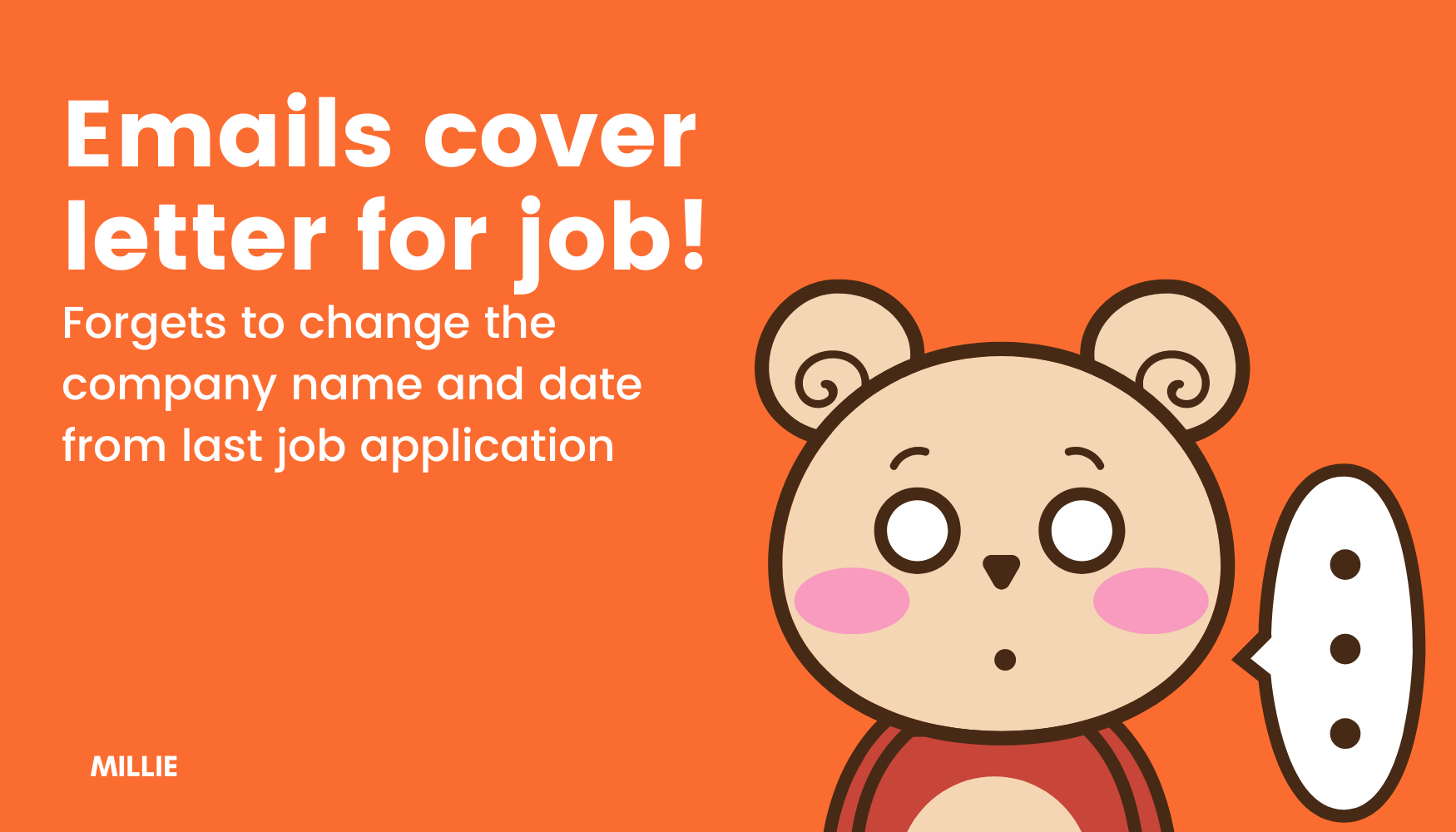What are Spring Weeks?
Most students get thrown in the deep end when it comes to Spring weeks before really knowing what they are. We want to make sure that you are not in that position, and can be prepared for the Spring week mania before it hits!
Spring weeks are very short tasters into investment banking and consultancy companies over the Spring/Easter holidays. These take place during your first year (or second year of a four year degree) at university. Spring weeks are fantastic opportunities if you can get them. They teach you so much about companies in the finance industry with relatively low risk, allowing you to find out what you truly enjoy and where you could see yourself working one day. By the way, for our US readers, a similar concept exists in the US called Externships! Find out more here.
Read on for the run-down of Spring weeks so that you can make a competitive application.
What happens in a Spring week?
“The aim is to give you a flavour of the different departments in a company”
First thing to clarify, Spring weeks aren’t actually a week long. They can be anything from two days to two weeks depending on the company you apply to. The aim is to give you a flavour of the different departments in a company and show you what work you could be doing as a permanent employee. This could be through shadowing professionals, working at different department desks over the time of your internship or networking. The concept of a Spring week has become increasingly popular amongst the big finance companies as it allows banks to identify high-potential candidates at early stages. This is what makes Spring weeks a valuable step in your finance career journey. And they are a great way to explore your interests! If you do well in the Spring week, you may even be able to fast track this into a summer internship role (without the lengthy application process).

Some companies that offer Spring weeks are:
Investment banking firms
- JP Morgan
- Morgan Stanley
- Goldman Sachs
- Citi Bank
- Credit Suisse
- Rothschild & Co.
- Bank of America
Consultancy firms
- Deloitte
- KPMG
- EY
- BCG
- PwC
- McKinsey
- Bain & Co.
Application process
The first thing to take note of is that Spring week application deadlines close VERY early, with the earliest closing in October, and most closing around December to January. This means you need to be on top of applying almost right from when you start university.
“Application deadlines close VERY early”
How many do I apply to?
The short answer to this is, as many as you can! Most people end up applying to between 15 to 40 (yep, you read that right).

We’re not going to lie to you: the reason you need to apply to so many Spring weeks is that you’ll probably get rejected from most of them. This is not a reflection on you or your skills whatsoever. It’s simply due to the massive number of applications they receive. Most people hope for 1-2 acceptances, where someone with around 5 acceptances is considered a certified genius (or they just got reallyyyy lucky)! But see what we mean? The competition is huge, so don’t be disheartened if you initially get rejections.
Resumes and cover letters
The first stage of applying to a company is filling out a lengthy form (honestly this is what takes the most time in any Spring week application) where they’ll ask for your name, school grades etc. The part that you need to focus on is the resume and cover letter. Let’s break down each individually.
Resume/CV

For any job application you do, you will need to have a resume updated and ready to send in, so starting to create one right from highschool will be a massive help when it comes to these internship applications. There’s no right or wrong way to structure a resume, an example structure is as follows:
- Education from current to least recent (include any official examination grades here)
- Work experience (if applicable)
- Other experiences - These can be leadership roles, volunteer work, or any other meaningful activity that showcases skills employers are looking for like teamwork, leadership, time management, resilience, problem solving etc.
- Skills - This section is for all skills you have that could make you stand out from other applicants e.g. languages or coding skills
- Awards and interests - This is a brief section outlining any important awards you may have received, as well as a very brief list of your interests (this makes you more interesting and approachable as an applicant, but be prepared to talk about these if asked by your interviewer)!
“There’s no right or wrong way to structure a resume”
Note: There are several reasons why capable applicants are rejected - some companies run resumes through AI systems (meaning they never reach an actual person), while many other companies have very tired reviewers going through hundreds of resumes, or reviewers not coming directly from the business line (e.g. a HR employee reading the resume of an electronic trading candidate). While it’s hard to foolproof against all of these reasons, here are some keywords to use to make sure you’re not caught out:
- Adjective terms: Compelling, significant, strong, meaningful
- Adverb terms: Successfully, efficiently, effectively, confidently
- Skills terms: Adaptable, hard-working, reliable, proactive, innovative
- Overused clichés to AVOID: Motivated, flexible, independent, strong work ethic
Cover letters
Unlike resumes, cover letters are individually written for each role you apply to (hence making this one of the more lengthy parts of the application process). A cover letter is supposed to showcase your motivation for applying to the company and why you’d be a good fit. These should be maximum one page long, and structured like a regular letter, addressed to the hiring team (bonus points if you can actually find the name of the person who will be reading your cover letter)! To tailor your cover letter, you will have to research the company’s values and goals. While it may be tempting, do not copy-paste the same cover letter for different companies. They will be able to tell. The most competitive cover letters are the ones where employers can see that you’ve taken the time to research the company and find out a bit about what it’s been doing.

“Do not copy-paste the same cover letter for different companies”
Online tests
The next (and hardest) stage of applications is the online tests. Many people underestimate the difficulty of these tests, so make sure you practise well-before! While the individual questions in the tests are not too tricky, they have a ridiculously short time limit of only a few seconds per question, meaning you’re tested on speed as well as accuracy.
Numerical reasoning tests
These are typical maths and data handling questions, (nothing as hard as calculus! But again being confident with basic skills will help with the speed element). You will usually be given a dataset and asked questions about it, so be sure that you are familiar with different data graphs and how to read them.
Verbal reasoning
This is all about comprehension skills. You will typically be given a short paragraph and then asked questions about it such as ‘does x follow from this paragraph’ or ‘what is the conclusion of this paragraph’?
Logical reasoning
Logical reasoning questions are about choosing the next pattern from a series of images, or finding the next letter in a letter jumble based on previous patterns. These tests are to see how well you can analyse trends and patterns using logical reasoning skills and problem solving.
Situational judgement
“Researching company values is key”
At some point in your schooling, you would have probably done at least one of the above mentioned tests. But not situational judgement tests! The concept is to see how you would react in different situations, and if your judgements align with the company’s values. There aren't any wrong answers as such, but it’s a good idea to research the company values to see what they consider really important and look for in candidates. A possible situation could look like this:
‘A colleague has had a family emergency and has asked if you can take on their client meeting today. You already have a meeting with your supervisor and a presentation to make for next week. What would you do? Rank the responses from most likely to least likely.
- I would prioritise my work as that is what I’ve been assigned. If I have time left over, I will then try to attend the client meeting
- I will move around my work schedule to accommodate for the client’s meeting, the client should be prioritised
- I will ask my supervisor what they think I should do as they know the client and my own task priorities best
- I will delegate my colleagues’s meeting to someone else in the firm as I have too much going on as of now’
See how none of the options necessarily seem wrong? Sure, some sound better than others (it’s usually easy to find the least helpful response, in this case D) but ranking the first few can be very tricky. This is why researching company values is key to know what they would want you to prioritise.
Online (hirevue) interviews

Woohoo, almost there! If you’ve passed the online tests, half the battle is already won. The next (and usually final) stage is the online interview, also known as hirevue. These are interviews without an actual interviewer. Sounds confusing right? Basically, you will be given around 3-4 interview questions about your skills, experiences and motivation to join the company. However, rather than answering these questions to a person, you will be recording your answers to your computer (sort of like a Zoom meeting). This is then sent off to the company. Here are some hirevue-specific tips to ace your interview:
- Look at the camera, not at your face on the screen
- Smile (a lot) - this makes you seem friendly and more approachable
- Use lots of hand gestures - again, this makes you look more enthusiastic and confident
- Speak clearly and slowly so that the system understands what you are saying
- Dress to impress - at least from the waist up, dress how you would for a regular interview
Phew, that was a lot of information! The application process for Spring weeks is long and has many steps (no one said it was going to be easy)! But if you are lucky enough to receive an offer, it’s totally worth it.
What if I don’t get a Spring week?
“It’s not the end of the world”
As we mentioned before, Spring weeks are incredibly competitive. Remember, just applying is a valuable learning experience that prepares you for summer applications, so don’t think it was all a waste if you don’t get the offer. Loads of students who don’t get Spring weeks go on to receive summer applications and fantastic graduate offers. Some things you can do if you didn’t get a Spring week are:
- Email the hiring team for feedback on why you were rejected (it’s all a learning experience)
- Practice the tests you found most difficult
- Record mock interviews to see how well you come across on camera and practice ways to sound more confident
- Research for summer internship roles and apply early!
Think you’ve got what it takes for a Spring week? Apply now! And check out our website to find more helpful tips for your career path.